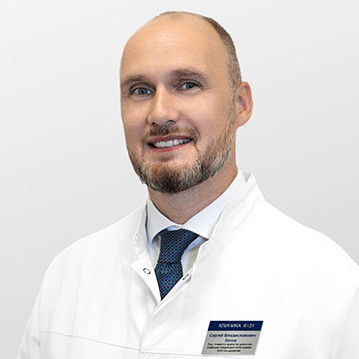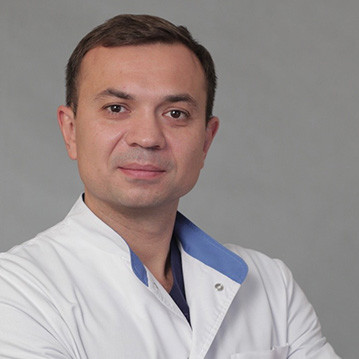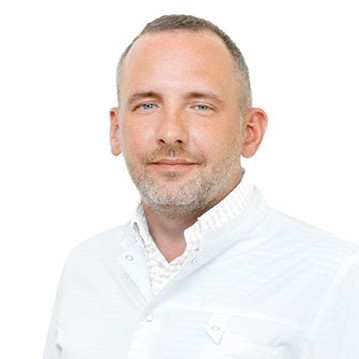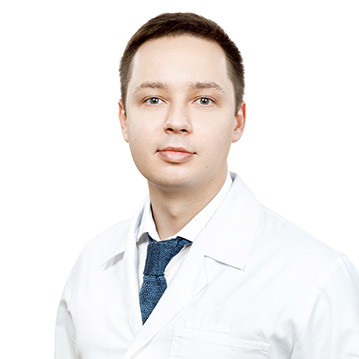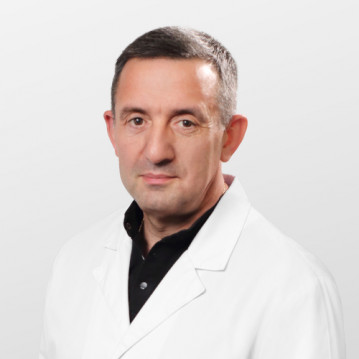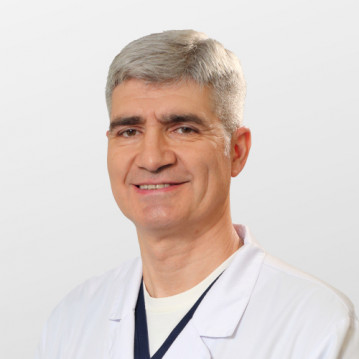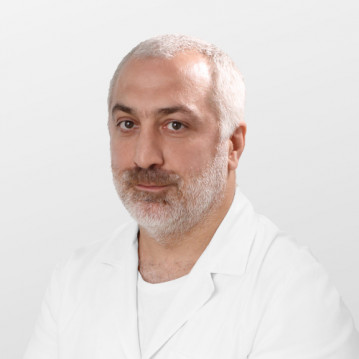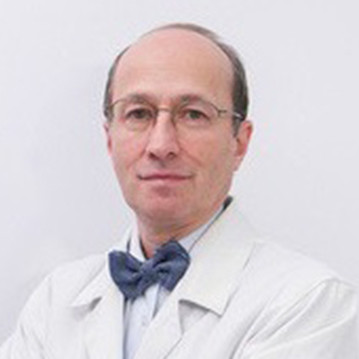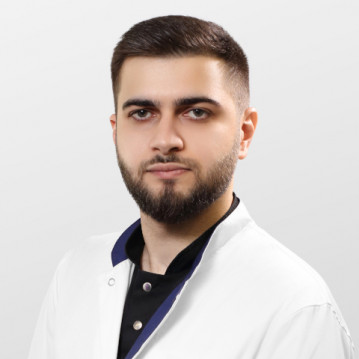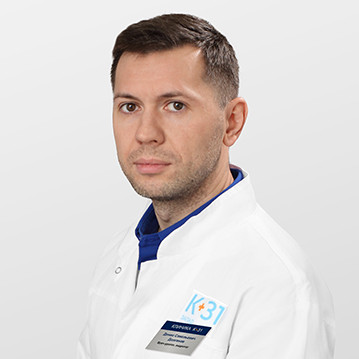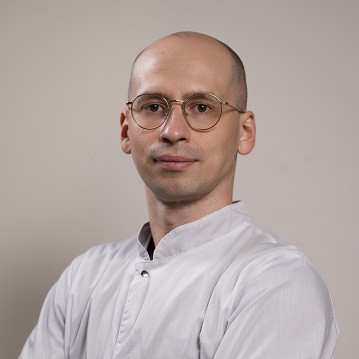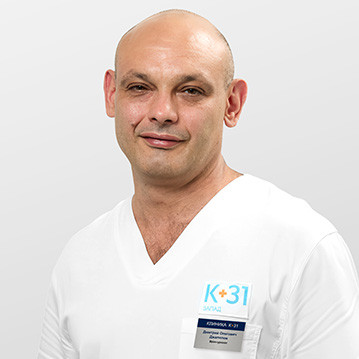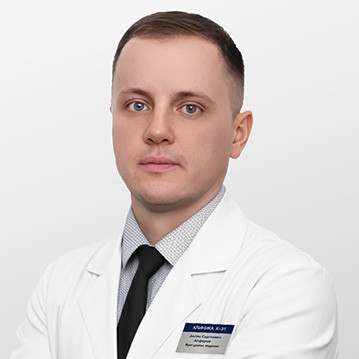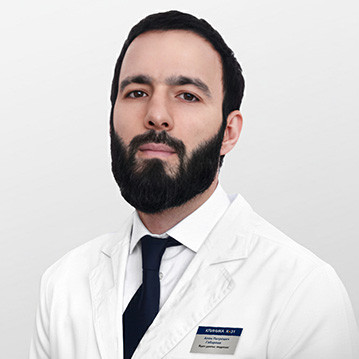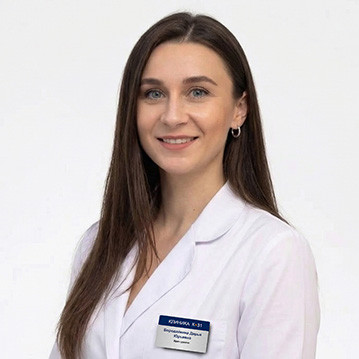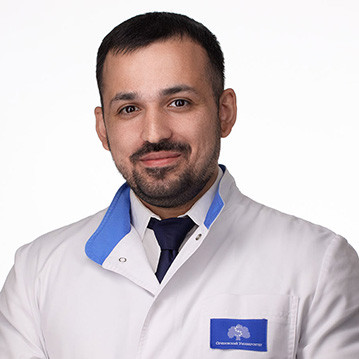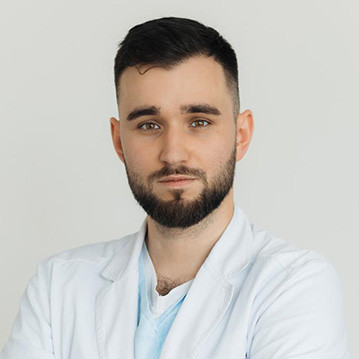Reconstructive plastic surgery is prescribed to restore a deformed or lost part of the body, soft tissues or bone structures. Operations are carried out, not only for medical reasons, but also at the request of the patient himself, after an injury. Department of Plastic Reconstructive Surgery Clinic "K+31" is equipped with modern equipment for the diagnosis, treatment and rehabilitation of patients with various diagnoses.
Indications for reconstructive surgery
Plastic surgery is done for aesthetic or medical reasons. In the first case, the patient himself decides to change something in appearance, and in the second, a doctor's appointment is necessary.
The main reasons when it is necessary to do reconstructive plastic surgery:
- after operations to amputate a part of the body (mammary gland or other soft tissues, limbs, external genitalia), to restore volume;
- when replacing joints, cartilage and bone structures with endoprostheses;
- in the surgical treatment of injured muscles and tendons - ruptures, sprains, nerve injuries;
- in case of deformation of parts of the body after an accident, injury - fractures or anomalies in the development of the facial part of the skeleton, fingers, hands, feet, external genital organs;
- after unsuccessful plastic beauty surgery - on the eyelids (blepharoplasty), to change the shape of the nose (rhinoplasty), ears, lips, breast augmentation (if breast implants have not taken root), neck skin tightening or facial contouring;
- reconstructive operations on the skin after thermal and chemical burns;
- removal of keloid scars and scars;
- dermato-oncological plasty.
Plastic and reconstructive surgery border on almost all areas of medicine. After an operation associated with the consequences of an injury or illness, the patient may experience dissatisfaction with his appearance. In this case, the attending physician recommends plastic surgery to correct the deformed area. After the removal of a breast with a tumor, women are often offered a reconstruction using an implant or their own soft tissues (skin and muscles). At the stage of recovery, the patient can be accompanied by specialists from different departments - surgeons, oncologists, dermatologists, neurologists, ophthalmologists, cosmetologists.
As a result of reconstructive plasty, it is possible to restore the anatomical shape of the deformed area and return the lost functions to the organ or limb.
Tissue reconstruction is also carried out as a stage of treatment after burns, skin or limb transplantation. At the same time, the surgeon performs jewelry work, being responsible for the qualitative restoration of the functions of nerve endings, the vascular network, as well as the aesthetic appearance of the operated area. Particularly precise and painstaking work is carried out during reconstructive operations on the face.
Contraindications
Reconstructive plastic surgery is necessary at the last stage of recovery, when the patient is healthy and can undergo surgery without complications for the condition.
Contraindications include:
- exacerbation of chronic diseases (viral, autoimmune), which are accompanied by fever, weakened immune system, deterioration in general well-being;
- systemic viral diseases — HIV/AIDS, hepatitis B, C, syphilis;
- inflammatory process in the area where surgery is needed;
- blood clotting disorders (hemophilia, thrombophlebitis);
- cardiovascular, renal and hepatic pathologies;
- pregnancy and lactation.
If reconstructive plastic surgery is part of the treatment process, the attending physician prescribes it for a time when the patient's condition has stabilized and there is no threat to life and health. If necessary, the patient is prescribed preliminary therapy to eliminate the causes of contraindications (a course of antibiotics, anti-inflammatory, immunomodulatory drugs, etc.).
How reconstructive surgery is performed
Surgeries to restore anatomical integrity and eliminate functional disorders are carried out in two ways:
- Abdominal - the surgeon opens a part of the body, performs an operation and then applies neat external sutures. It is used for transplantation of organs, joints, muscles and skin, for fractures and complex injuries.
- With the use of minimally invasive technologies - laparoscopic operations using miniature instruments through a small incision in the skin under the control of optical instruments and observation through a monitor. It is used in the restoration of the external organs of the genitourinary system, in facial plastic surgery.
The choice of method depends on the complexity of the pathology, the volume and severity of defects, the presence of concomitant complications and diseases.
